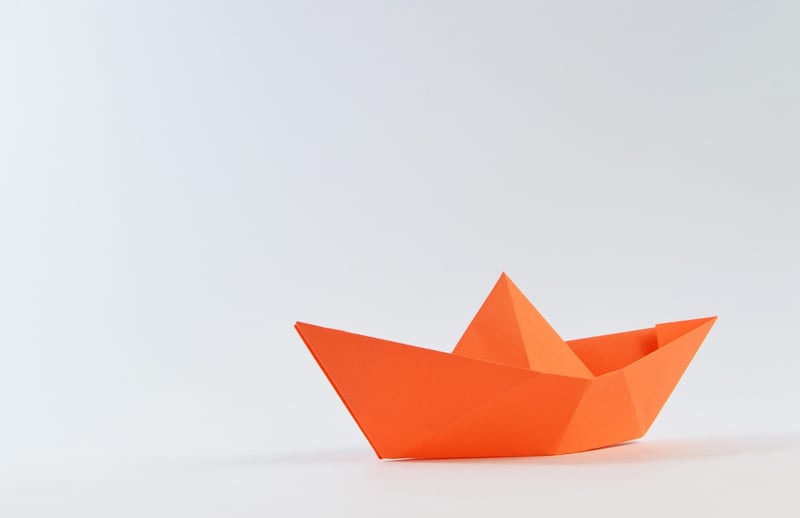Temporal Navigation
Exploring Time Travel: Jumping Across Time Periods
Time travel has always captivated human imagination, allowing us to envision journeys to the past or future. While the concept remains largely theoretical, fiction often explores the idea of leaping across time periods. Let's delve into this fascinating topic and understand how temporal navigation might work.
Theories of Time Travel
Various theories, such as wormholes, black holes, and the concept of spacetime, are popularized in science fiction as means to traverse time. While these concepts are intriguing, the practicality of time travel remains a subject of debate among physicists and philosophers.
Temporal Navigation in Fiction
In literature and movies, time travel is a common theme. From H.G. Wells' "The Time Machine" to modern classics like "Back to the Future" and "Doctor Who," different narratives explore the consequences and possibilities of traveling through time.
Challenges of Time Travel
The concept of altering the past or future raises paradoxes like the grandfather paradox or the butterfly effect. These challenges add layers of complexity to the idea of time travel and its consequences.
Implications and Cultural Impact
Time travel stories not only entertain but also provoke thought about our perception of time, causality, and the nature of reality. They inspire discussions about the choices we make and the impact they have on our lives and the world around us.
Exploring Temporal Navigation
While time travel remains a work of fiction for now, the exploration of temporal navigation in literature and media allows us to ponder the mysteries of time and existence. Who knows what the future holds; maybe one day, we'll unlock the secrets of jumping across time periods.

For more information on time travel and related topics, you can visit Space.com.
